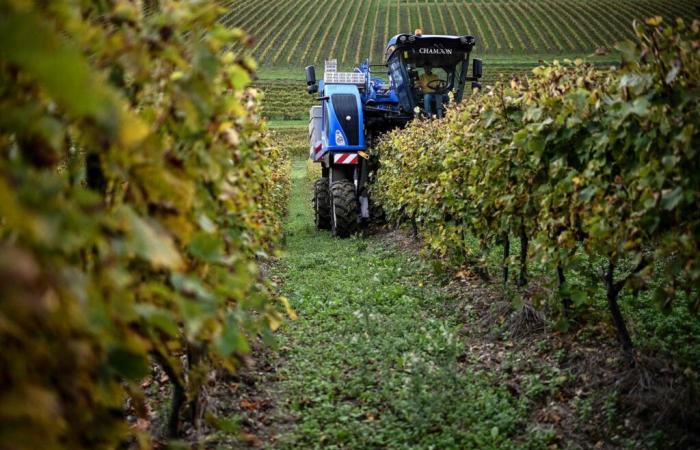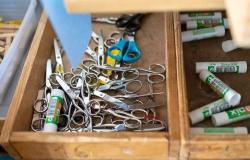
LAgricultural production is an essential activity for all human communities, this is an obvious fact that no one can question. On the other hand, the environmental, social and financial conditions in which this activity is carried out in France can be the subject of undoubtedly useful questioning. Whatever the proponents of current dominant agriculture say, that is to say industrial agriculture based on the intensive use of chemical inputs (fertilizers and pesticides), the transition to agroecology is an urgent necessity. for the population.
In terms of human health, Inserm studies highlight the existing link between the intensive use of pesticides and the resurgence of cancers, with farmers being the first victims (“Pesticides and effects on health. News data”, June 30, 2021). A study conducted by American researchers (“Comprehensive assessment of pesticide use patterns and increased cancer risk”, 2024) concludes that pesticides constitute a cancer risk factor as important as smoking.
Environmentally, current chemical agriculture is one of the main causes of the collapse of biodiversity through the destruction of habitats. Over the last few decades, the number of flying insects, including many pollinators, has decreased by 78% and the number of birds by 55%, particularly for species linked to agricultural environments. More specifically, a loss of 75% of plant varieties and animal breeds signals a collapse of agricultural biodiversity. These massive disappearances of species will deprive farmers of the capacity to adapt to the global changes affecting the planet over the coming decades. This increases the vulnerability of this sector of activity.
Read also | Article reserved for our subscribers 2024, a year of calamity for agriculture, hit hard by climate change
Read later
In contrast, agroecology, the main recommendations of which are put into practice by organic farming, allows the production of healthy food while respecting biodiversity while drastically reducing greenhouse gas emissions.
Negative externalities
According to the supporters of current agriculture – agro-industry lobbies, Ministry of Agriculture, majority union – the large-scale implementation of these new agricultural practices would be too costly and would not make it possible to feed the the entire population. Beyond the income linked to its various productions, French agriculture receives between 9 and 9.5 billion euros in subsidies each year from the European Union under the Common Agricultural Policy (CAP). Added to this are 4 to 5 billion in aid at the national level. The French agricultural sector therefore has 14 to 15 billion in subsidies each year. No other sector of activity benefits from aid of this magnitude.
You have 50.6% of this article left to read. The rest is reserved for subscribers.





